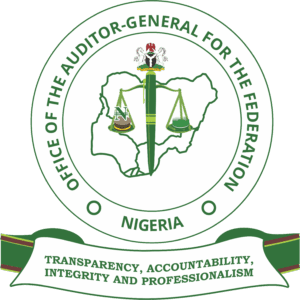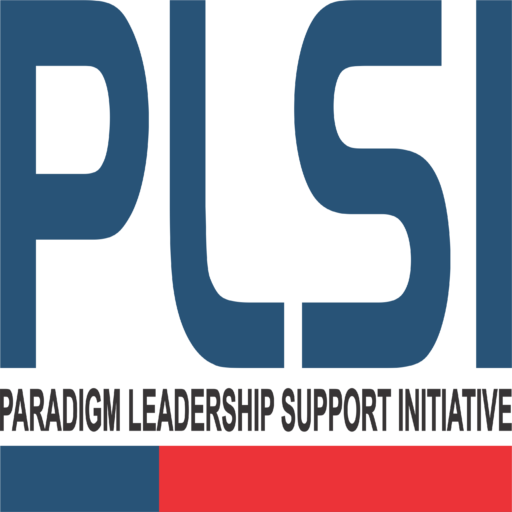The Executive through the Budget Office of the Federation had earlier slashed the 2023 budget of the Office of the Auditor-General for the Federation from N11.15 billion to N5.11 billion (45.8% reduction on the proposed budget). This includes slashing the personnel cost to N2.35 billion from the proposed N3.04 billion, N2.11 billion overhead cost as against the N5.59 billion proposed and N62.7 million against the proposed N2.52billion for Capital expenditure.
Recall in 2015, one of the campaign promises of President Muhammad Buhari is to deploy all means to fight corruption in Nigeria through strengthening transparency, accountability and anti-corruption which has been a step ahead since joining the Open Government Partnership (OGP) in 2016 as the 70th country aimed at deepening institutional and policy reforms on improving transparency, accountability, citizens participation and responsiveness through innovation and technology.
The Commitment one (1) of the fiscal transparency domain of the National Action Plan II of Nigeria OGP is to improve the Public Audit Process through enactment of Audit law to strengthen the autonomy (financial, administrative, and operational), independence and effectiveness of the Office of the Auditor-General for the Federation as against the obsolete 1956 Audit Ordinance currently in use.
Over the years, there has been limited funding to the Office of Auditor General for the Federation which has impeded the effectiveness and efficiency of the Office in discharging its constitutional mandates of auditing the Nation’s accounts in the most professional and transparent manner, ensuring value for money in government financial activities for the benefit of citizens.

In 2022 the OAuGF proposed a budget of N9.64 billion but N4.696 billion was allocated including N2.493 billion for personnel, N1.984 billion to overhead and N218.97m as capital expenditure to audit over 900 Ministries, Department and Agencies (MDAs) and ensure accountability on over N16 trillion Budget. To contextualize the dearth of funding to the Supreme Audit Institution is to say that other Anti-Corruption Agencies such as the Independent Corrupt Practices and Other Related Offences Commission (ICPC) and the Economic and Financial Crimes Commission (EFCC) with lesser mandate were allocated N13.995 billion and N39 billion respectively. Also, in 2023, the OAuGF is expected to ensure that the over N20 trillion proposed in the budget of the federal government is adequately accounted for with just N5.11billion (0.025% proportional ratio) allocation to the Office
There are speculations that the underfunding of the Office of the Auditor-General for the Federation is either intentional to promote corruption or undermine the OAuGF in achieving its constitutional responsibilities of preventing corruption in Nigeria. Also, effort of stakeholders to getting legislators to repeal and re-enact the Federal Audit Bill hasn’t yielded positive result since the start of the fourth republic in 1999.
Recommendations
- The National Assembly and the Executives should speed up the passage of and assent to the Federal Audit Bill to strengthen the independence of the OAuGF.
- Executives should increase funding allocations to the OAuGF.
- The capacity of the human resources at the OAuGF should be continuously strengthened.
Join us at PLSI as we continue the journey of fostering public accountability in Nigeria!
Written by:

Abdulahi Adebayo – Program Officer at PLSI

